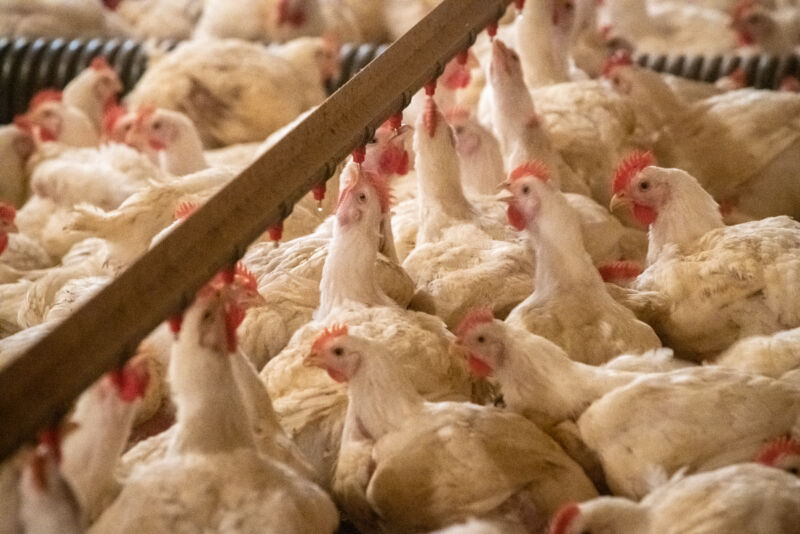Josh Brolin on His New Memoir and Why Denis Villeneuve Deserves an Oscar for ‘Dune 2’: ‘If He Doesn’t Get Nominated … I’ll Quit Acting’






In 1971, Stanford University psychologist Philip Zimbardo conducted a notorious experiment in which he randomly divided college students into two groups, guards and prisoners, and set them loose in a simulated prison environment for six days, documenting the guards' descent into brutality. His findings caused a media sensation and a lot of subsequent criticism about the ethics and methodology employed in the study. Zimbardo died last month at 91, but his controversial legacy continues to resonate some 50 years later with The Stanford Prison Experiment: Unlocking the Truth, a new documentary from National Geographic.
Director Juliette Eisner started working on the documentary during the pandemic when, like most people, she had a lot of extra time on her hands. She started looking at old psychological studies exploring human nature and became fascinated by the Stanford Prison Experiment, especially in light of the summer protests in 2020 concerning police brutality. She soon realized that the prevailing narrative was Zimbardo's and that very few of the original subjects in the experiment had ever been interviewed about their experiences.
"I wanted to hear from those people," Eisner told Ars. "They were very hard to find. Most of them were still only known by alias or by prisoner number." Eisner persevered and tracked most of them down. "Every single time they picked up the phone, they were like, 'Oh, I'm so glad you called. Nobody has called me in 50 years. And by the way, everything you think you know about this study is wrong,' or 'The story is not what it seems.'"


© National Geographic/Katrina Marcinowski


Enlarge (credit: Getty | Edwin Remsberg)
The highly pathogenic avian influenza H5N1 virus that spilled from wild birds into US dairy cows late last year may have recently seeped from a dairy farm in Colorado to a nearby poultry farm, where it then infected five workers tasked with culling the infected chickens
In a press briefing Tuesday, federal officials reported that four of the avian influenza cases have been confirmed by the Centers for Disease Control and Prevention, while the fifth remains a presumptive positive awaiting CDC confirmation.
All five people have shown mild illnesses, though they experienced variable symptoms. Some of the cases involved conjunctivitis, as was seen in other human cases linked to the H5N1 outbreak in dairy cows. Others in the cluster of five had respiratory and typical flu-like symptoms, including fever, chills, sore throat, runny nose, and cough. None of the five cases required hospitalization.
Reissued after periodic review with minor edits.
Exercise normal precautions in Dominica.
Read the country information page for additional information on travel to Dominica.
If you decide to travel to Dominica: